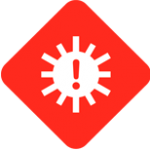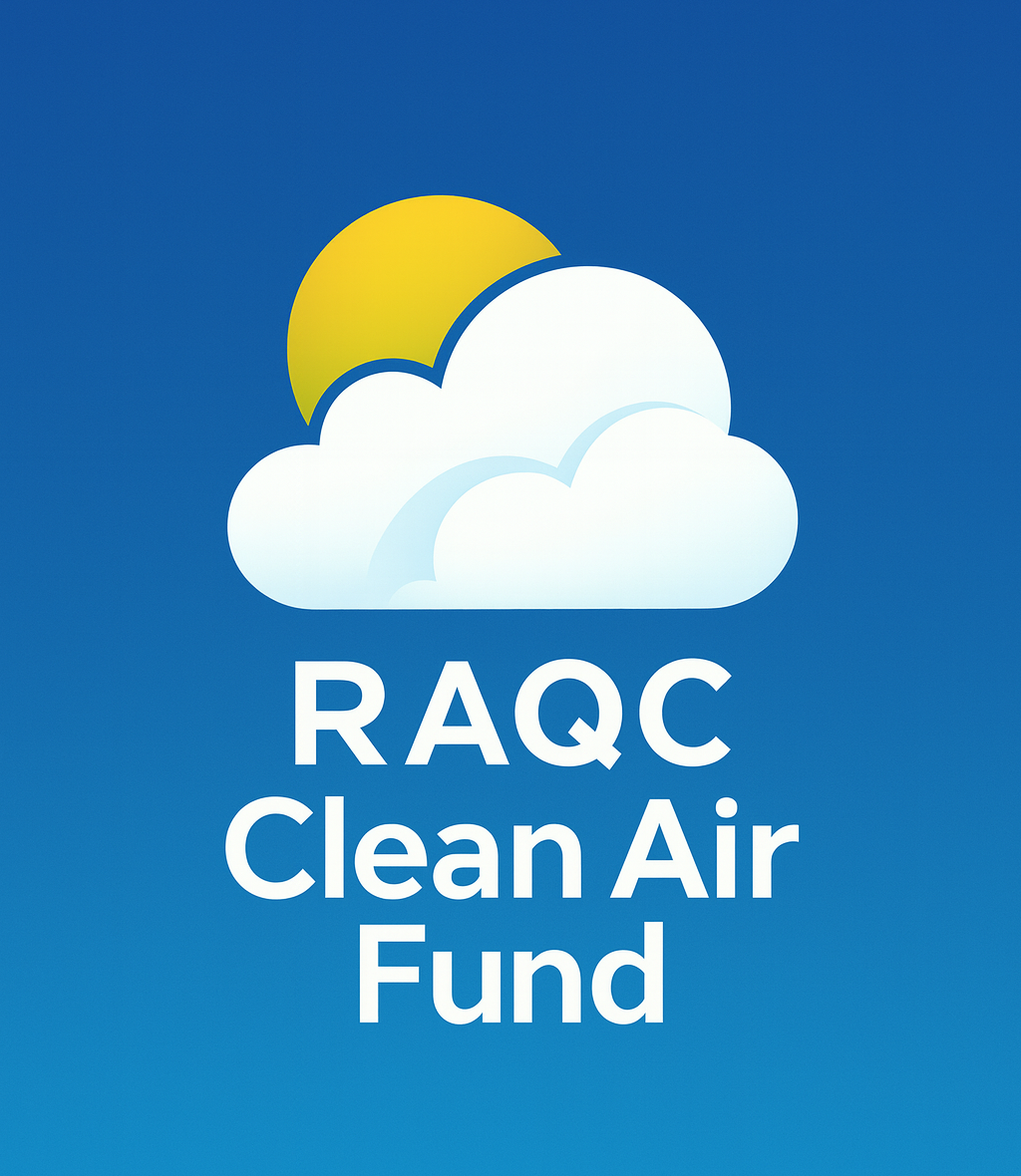Media Contact: Jenn Fields, Communications Contractor, Regional Air Quality Council A new e-bike program for affordable housing communities is launching at Lamar Station Crossing, a Metro West Housing Solutions community in Lakewood. Denver-based e-bike...
Regional Air Quality Council
Mission:
We collaborate to improve air quality and protect Colorado’s health, environment, and economy through planning, policy development and program implementation.
Vision:
Clean air provides us the opportunity to breathe easy.
Donate:
The RAQC Clean Air Fund, a 501(c)(3) public charity, is dedicated to funding, and supplementing RAQC air quality programs that reduce Ozone within the EPA’s Denver Metro/Front Range Ozone Non-Attainment Area.
Donate here or click on the RAQC Clean Air Fund logo to the right of this text to make a donation.
News Feed
2025 Ozone Season Data Shows Improvement From Favorable Meteorology, But Nonattainment Area Continues to Be Out of Compliance
Press Release Media Contact: David Sabados Communications, Programs, and Government Affairs Director Regional Air Quality Council Weather conditions that were less likely to lead to ozone formation this summer resulted in fewer days above the federal ozone standard on...
Current 8-Hour Ozone Summary
Ozone Summary through September 29, 20258-hour Ozone Summary is based on 8-hour averages of raw 1-hour ozone data from the Colorado Department of Public Health and Environment (CDPHE) through EPA AirNow and consistent with Data Reporting and Handling Conventions...
RAQC Recognizes Clean Air Champions at Downtown Denver Event
The Regional Air Quality Council recognizes the exceptional leadership of a handful of individuals and organizations in our community as Clean Air Champions each year. On Sept. 16, 2025, the RAQC presented awards to 14 Colorado Clean Air Champions at its third annual...
Regional Air Quality Council and Adams County Local Governments Host Gas to Electric Mower Trade-In Event
Media Contact: David Sabados Communications, Programs, and Government Affairs Director, Regional Air Quality Council DSabados@raqc.org Gas-powered lawn mowers, leaf blowers, string trimmers, and the like are the Front Range’s third largest source of ground-level ozone...
Board Announcements
Next Board Meeting
When
Friday, February 6, 2026
9:30 am – 12:00 pm
Where
In-Person: Louisville City Hall, 749 Main St, Louisville, CO
Remote: Zoom registration required (see agenda)
Click “Email Updates” below to sign up to receive Board meeting info and RAQC updates in your inbox!









